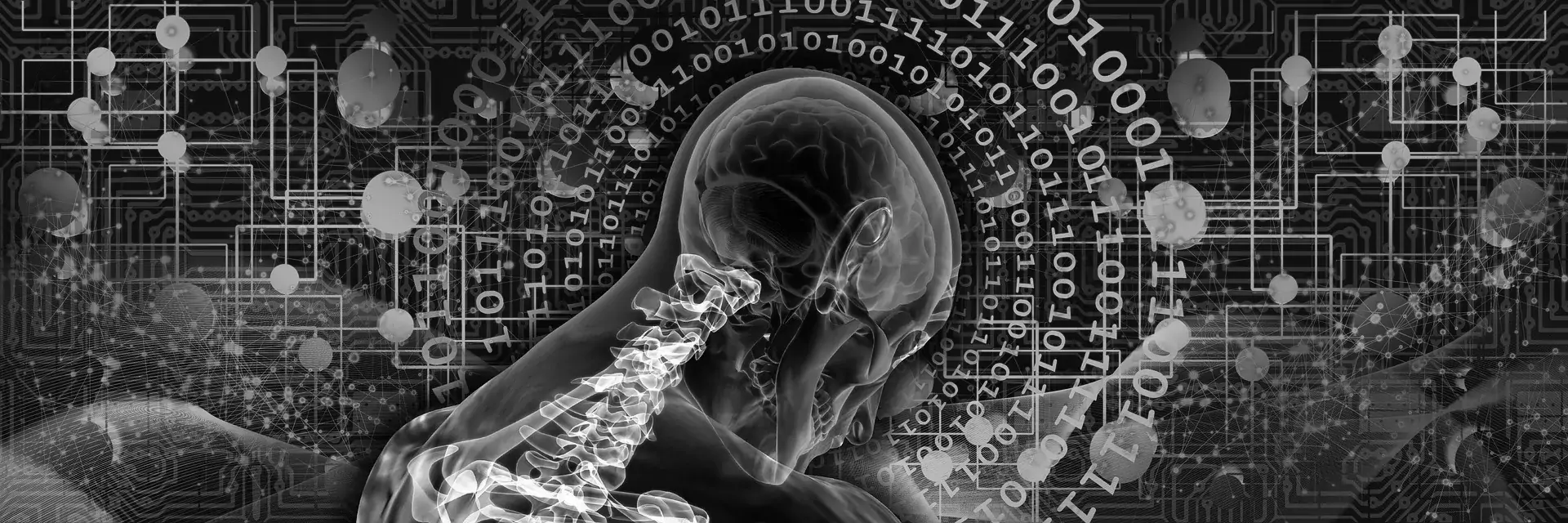
Spotlight on: AI in medicine and health
Artificial intelligence (AI) is being tested in several medical fields, such as identifying breast cancer from mammograms or making an initial assessment of patients in emergency care. But the potential applications are many – and research is ongoing to make AI both safe and useful in healthcare. Here we have collected some articles about researchers and research projects in this field at Karolinska Institutet.
 Photo: Martin Stenmark
Photo: Martin StenmarkAI researcher Max Gordon: "AI can do the boring things"
The 2023 AI Swede of the Year feels no need to be at the center of research. Yet that is exactly where he is. The orthopaedic surgeon and researcher Max Gordon was an early adopter of artificial intelligence. Now everyone else wants to know how to do it.
 Photo: Rickard Kilström
Photo: Rickard KilströmImproving diagnostic and therapeutic outcomes with AI
As the volume of clinical data increases, so does the amount and complexity of the work needed for a doctor to interpret them. Magnus Boman researches on how AI can be employed for healthcare-improving analyses.
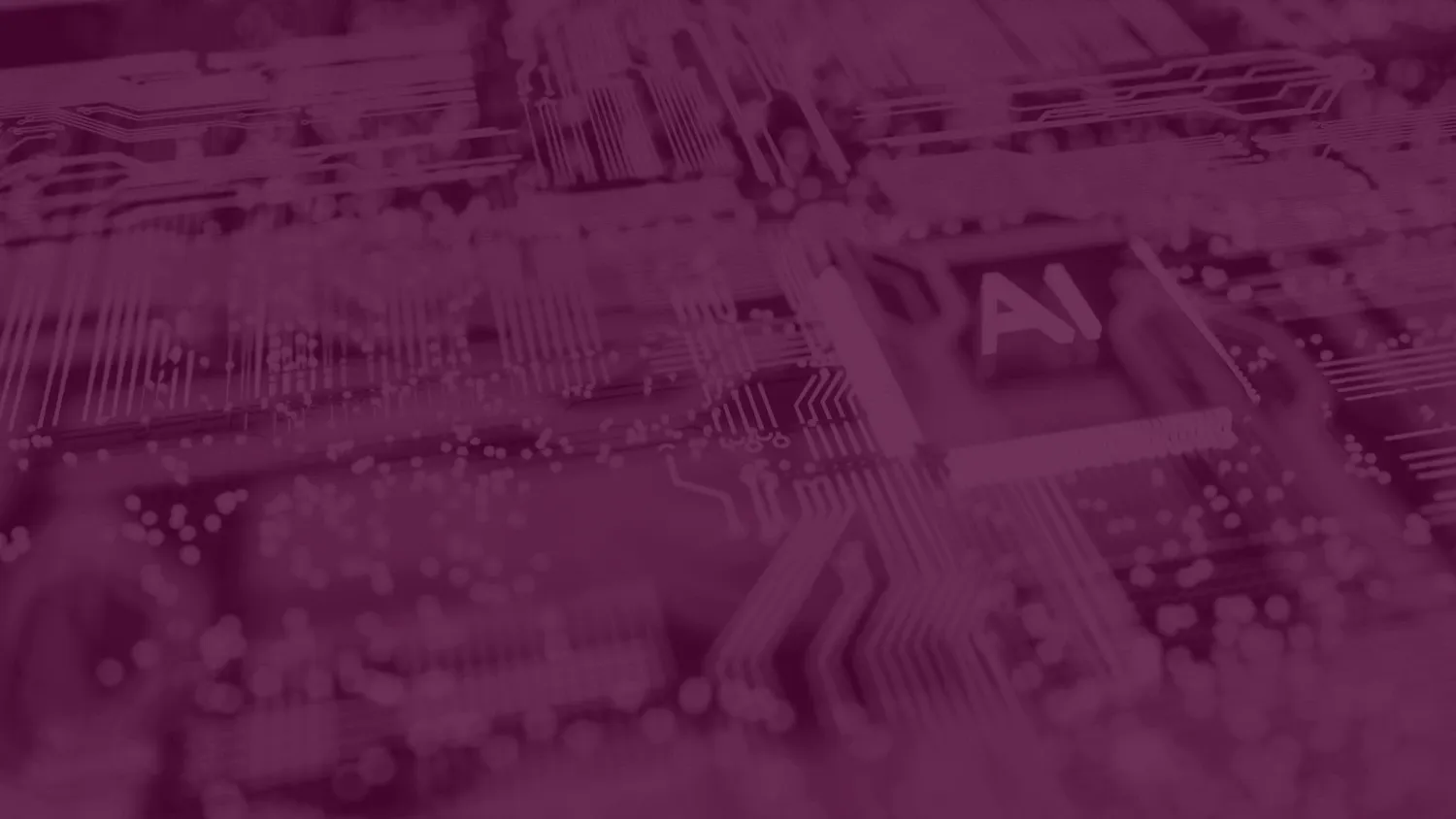 Photo: Getty Images,Getty Images/iStockphoto
Photo: Getty Images,Getty Images/iStockphotoCentre for AI Innovation
Karolinska Institutet has launched the Centre for AI Innovation to strengthen the development and use of artificial intelligence in medical research and healthcare. Its purpose is to contribute to more efficient and sustainable healthcare by enabling research and innovation in AI. The centre provides a collaborative platform for local, regional, national, and international partnerships at Karolinska Institutet.
 Photo: Rebecka Uhlin
Photo: Rebecka UhlinCan AI be useful to psychologists?
Within psychological treatment, it is important to determine if the patient is receiving the right kind of therapy early on. Viktor Kaldo is set to study if artificial intelligence, AI, can help us with this.
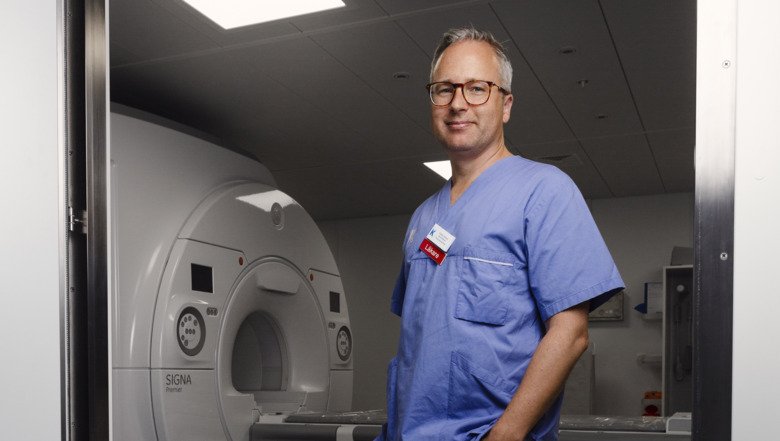 Photo: Foto: Martin Stenmark.
Photo: Foto: Martin Stenmark.Using AI to diagnose breast cancer at an earlier stage
Although mammography has dramatically reduced mortality rates for breast cancer, current technology still misses almost one third of cases. There is also a serious shortage of radiologists. Researchers believe that these problems can be solved with AI.
 Photo: Getty Images,Getty Images/iStockphoto
Photo: Getty Images,Getty Images/iStockphotoResearchers take new AI approach to analyse tumours
Researchers at Karolinska Institutet and SciLifeLab have combined artificial intelligence (AI) techniques used in satellite imaging and community ecology to interpret large amounts of data from tumour tissue. The method could contribute to more personalised treatment of cancer patients.
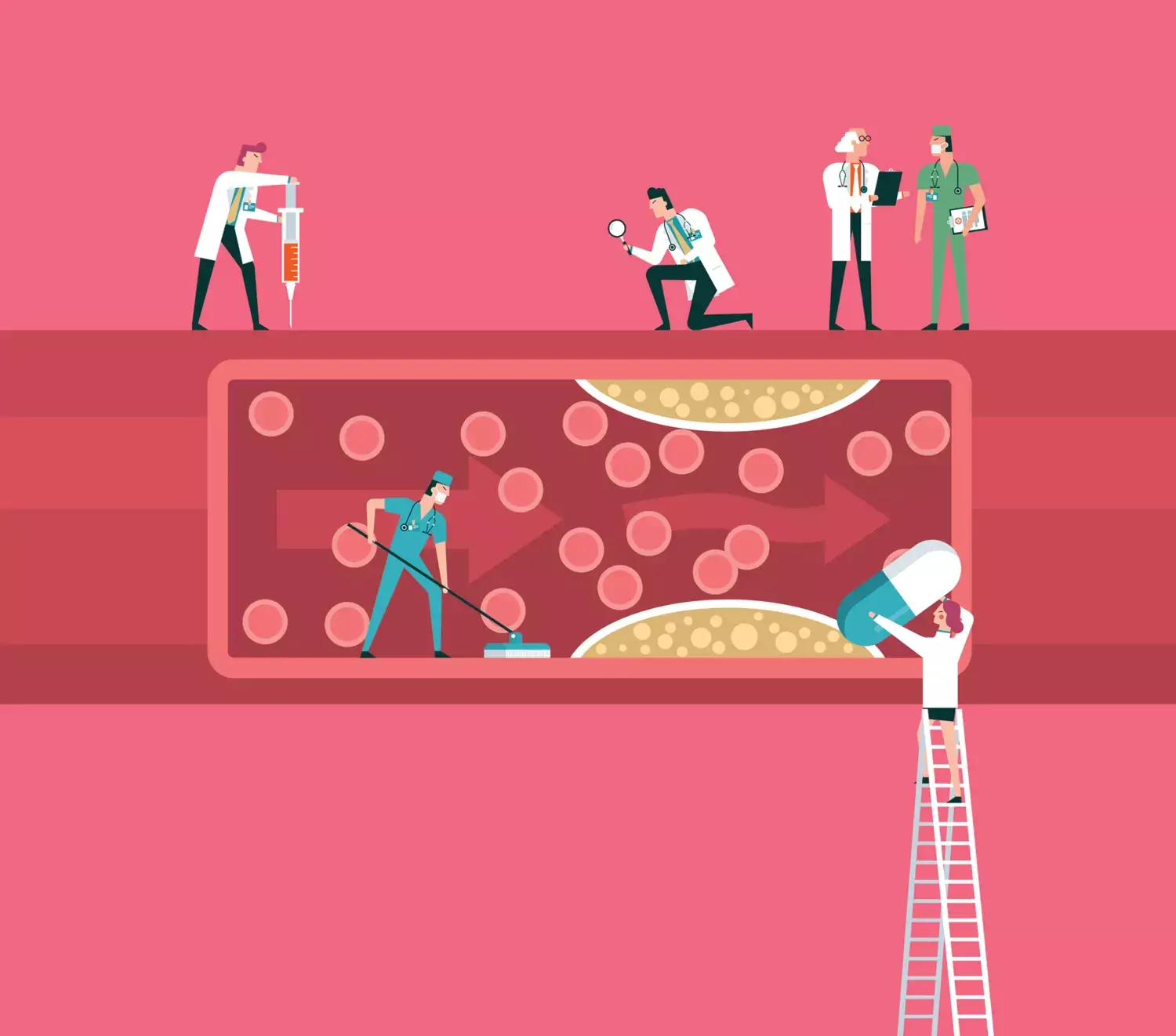 Photo: Getty Images.
Photo: Getty Images.AI and precision medicine may find risk of cardiovascular disease
Cardiovascular disease is one of the most common causes of death in the world. Researchers at Karolinska Institutet, among others, have found that AI could be used to idenity the risk of cardiovascular disease. The study may contribute to developing to more accurate diagnostic methods.
Latest news in AI research at KI
More researchers in this area
 Photo: Fotogruppen Sös
Photo: Fotogruppen SösMachine learning a tool for medical research
Machine learning should not be regarded as a scientific discipline. Instead, it is a tool for answering the scientific questions of other disciplines. This according to Carl Henrik Ek, visiting professor at Karolinska Institutet’s Department of Clinical Science and Education, Södersjukhuset (KI SÖS).
 Photo: Erik Flyg
Photo: Erik FlygResearching ultrasound to improve gynaecological diagnostics
Ultrasound has evolved into a very powerful medical imaging technique. Elisabeth Epstein researches how it can improve diagnostics for gynaecological diseases, including the use of artificial intelligence, AI.
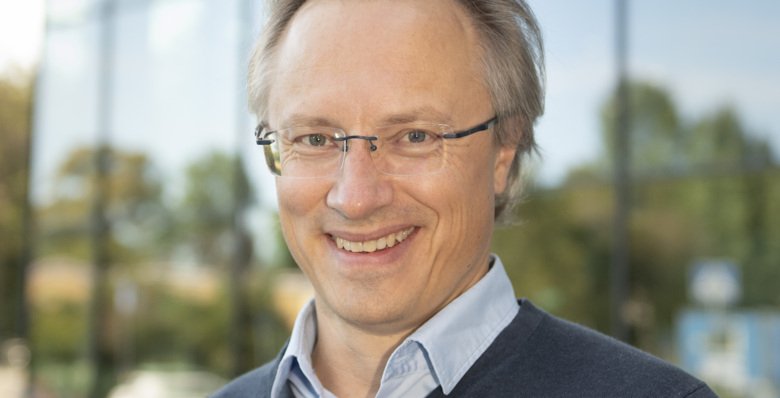 Photo: Ulf Sirborn
Photo: Ulf SirbornArtificial intelligence for medical diagnostics
Johan Lundin is using mobile digital solutions and artificial intelligence to make diagnostics accessible, safe, and accurate in low-income countries. The tools he is developing can also reduce the workload of doctors and laboratory personnel in high-income countries.
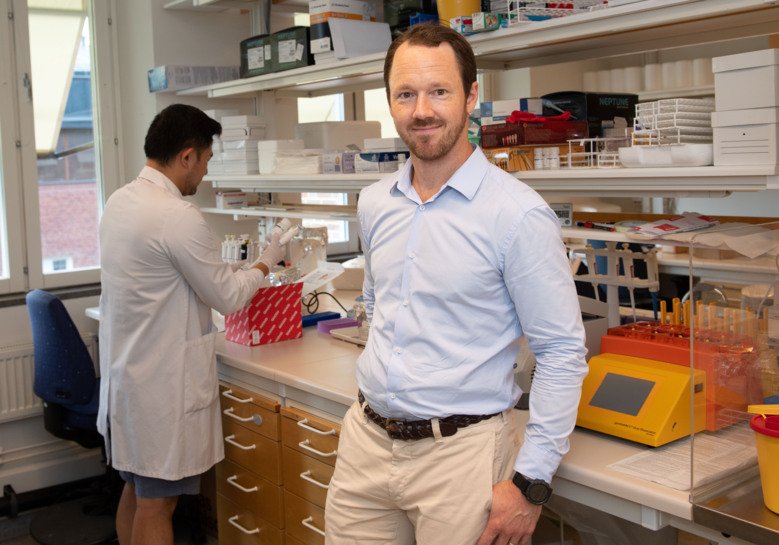 Photo: Stefan Zimmerman
Photo: Stefan ZimmermanFinding the right treatment with precision pathology
Johan Hartman is developing new diagnostic methods for predicting therapeutic responses and judging relapse risk in cancer. The methods range from patient-derived three-dimensional tumour models to AI-aided risk assessment.
